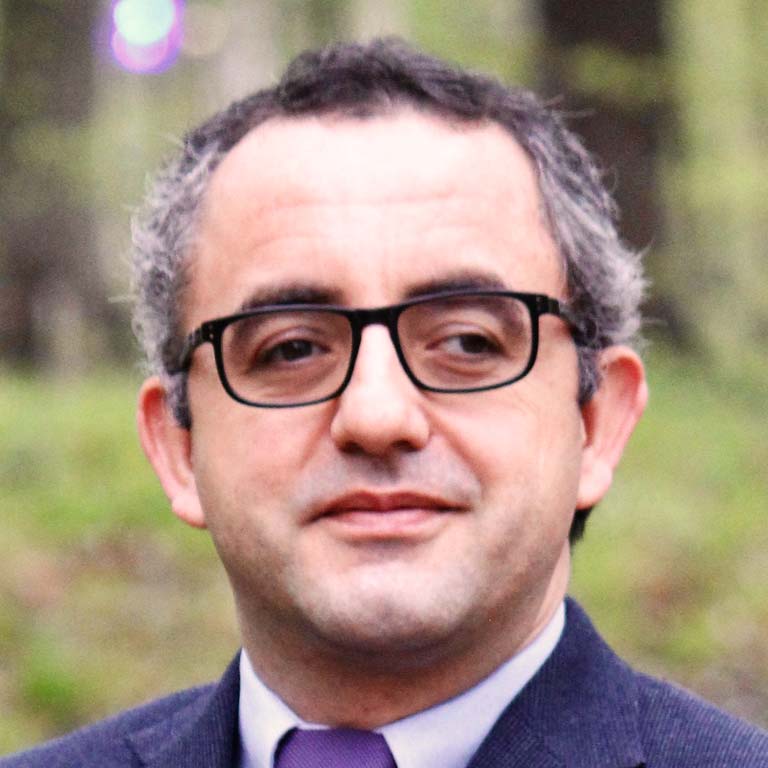I am a historian of the early modern Ottoman Empire, with a particular interest in history writing, governance, religious/confessional identity, and ceremonies and rituals. The Ottoman Empire expanded over three continents, played an active role in global political and economic struggles, and ruled over several ethnic, linguistic, and religious groups. To do justice to the depth and breadth of the historical experiences faced by individuals and communities who entered the empire’s orbit, I particularly emphasize comparative and regional/global perspectives.
My first book revolves around the life and writings of an Ottoman career bureaucrat, Celalzade Mustafa (ca. 1490-1567), and discusses the rise of a new Ottoman bureaucracy, the emergence of a new historical consciousness, and the creation of an Ottoman imperial culture that saw itself in direct competition with the Habsburgs and the Safavids. I argue that Ottoman attempts at empire-building in the first half of the sixteenth century reflect the general trends of a world-historical moment, and that the Ottomans have to be evaluated together with a host of other polities extending from Tudor England to Mughal India and beyond.
I see early modern Eurasia as a relatively unified ecological, political and cultural zone; and early modernity as a crucial period that allows us to critically re-evaluate modernity. Without ignoring the specificity of any local/regional experiences, I continue to use a comparative approach in my current research and writing projects, which offer a reassessment of the reign of the Ottoman ruler Süleyman (1520-1566), discuss the emergence and expansion of new publics and political rituals in the late medieval and early modern periods, and revisit the political, cultural, and military encounters between the Ottomans and the Safavids in the sixteenth century.

 The College of Arts + Sciences
The College of Arts + Sciences